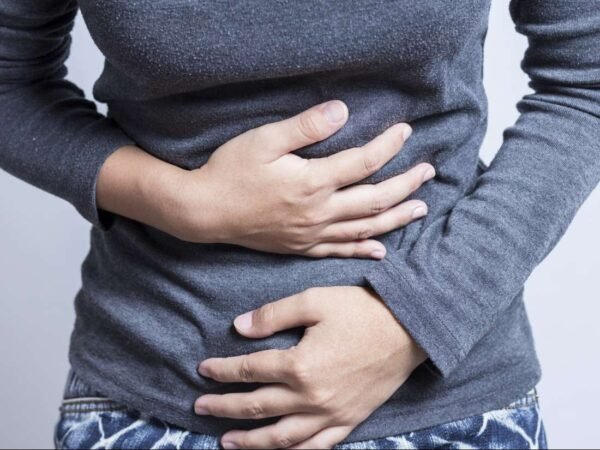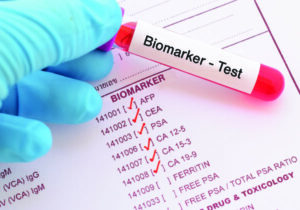What should I know about Menstruation or Periods
3 min read
know about Menstruation
It is not unlikely that many females are not aware of menstruation. We all live in a society that is blinded by religious and cultural beliefs. One such belief is that menstruation is a taboo, a social stigma, disgusting, unclean, and something to be ashamed of. People are not vocal about it, and this causes doubt and fear in a female’s mind about periods. Many girls are not aware of the process of menstruation before the first time they experience it. On the other hand, majority of the males are completely unaware about periods. Most cultures are not acceptable to having an open discussion on this topic between the two sexes. This communication barrier acts as the biggest hindrance against menstruation awareness and menstruation hygiene management.
What is menstruation?
It is a natural monthly cycle where the blood flows out of a women’s vagina. The hormones estrogen and progesterone work hand-in-hand to thicken the lining of the uterus so that it can hold a child. If fertilization does not take place, this lining sheds as blood through the vagina. This process in the essence of the human ability to reproduce. While we read this, 800 million females are menstruating worldwide.
What should one know about menstruation?
Everyone entering adolescence (both girls and boys) should be educated about the reproductive cycle, especially menstruation. Knowledge of the following concepts is vital:
The normal age for menarche: A girl gets her first period (menarche) between 8–15 years of age. In India, the mean age for a girl to get her periods is 13 years. Menarche sets in 2 years after the development of breasts.
Length of a menstrual cycle:The menstrual cycle is counted from the first day of one period to the first day of the next. Menstrual cycle usually repeats after 21–35 days and lasts for 2–7 days. Long cycles during the first few months after menarche are common.
Menstruation hygiene management: It is vital for preventing reproductive tract infections. Use of soap and water is necessary while washing hands every time you change sanitary pad/tampon. Use clean and dry underwear. Take shower every day. Clean your genitals with soap and water. Dispose sanitary pads and tampons in a dustbin. Use a sanitary pad/tampons instead of a cloth. Genitals should be washed from the front to back to prevent bacteria from the anus to move towards the urethra, which causes urinary tract infection.
Common problems related to menstruation: Breast tenderness, abdominal pain and discomfort, irregular periods, and PMS (premenstrual syndrome that results in mood changes like being sad, irritable, or depressed).
When should one consult a doctor: If you are above 15 years of age and still have not got your periods, failure to menstruate 3 years after the development of breasts, periods suddenly stop for more than 90 days, cycle repeats more often than every 21 days or less often than every 35 days, bleeding continues for more than 7 days, severe pain during periods, and you bleed between periods.
Menstruation awareness
Periods awareness acts as a bridge between lack of knowledge and menstruation hygiene management. True women empowerment is possible only when a womanleads a healthy life. Menstruation awareness is related to a fairer education between sexes and gender equality. Menstruation hygiene management is important for both the mental and physical health of females. Lack of awareness, education, and freedom of communication has caused menstruation to be a taboo. Time has come when we all need to talk about menstruation freely, without any embarrassment and learn to take care of a female’s body, mind, and emotions.






